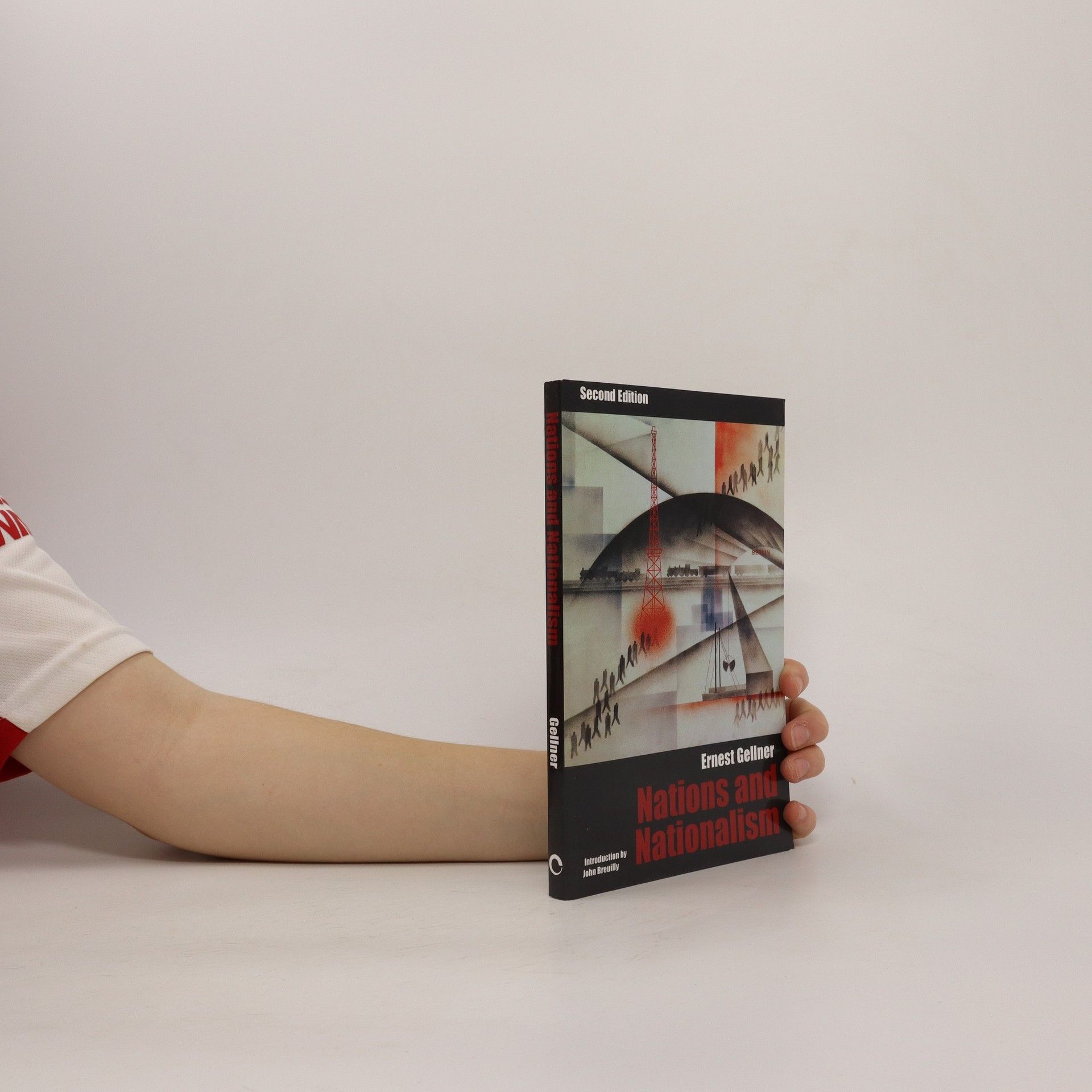Nations and Nationalism
- 208pages
- 8 heures de lecture
Originally published as hbk.: Malden, MA: Blackwell Pub., Ã2006.



Originally published as hbk.: Malden, MA: Blackwell Pub., Ã2006.
Many accounts of German unification focus on war, diplomacy and Bismarck and on the crucial ten years up to 1871.